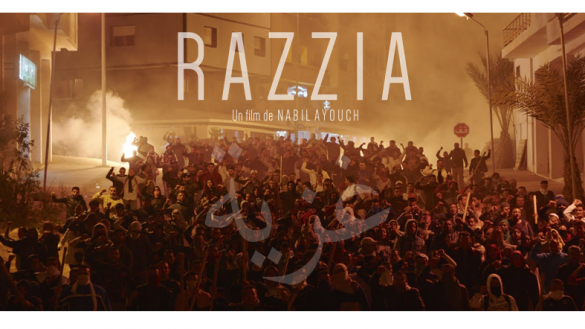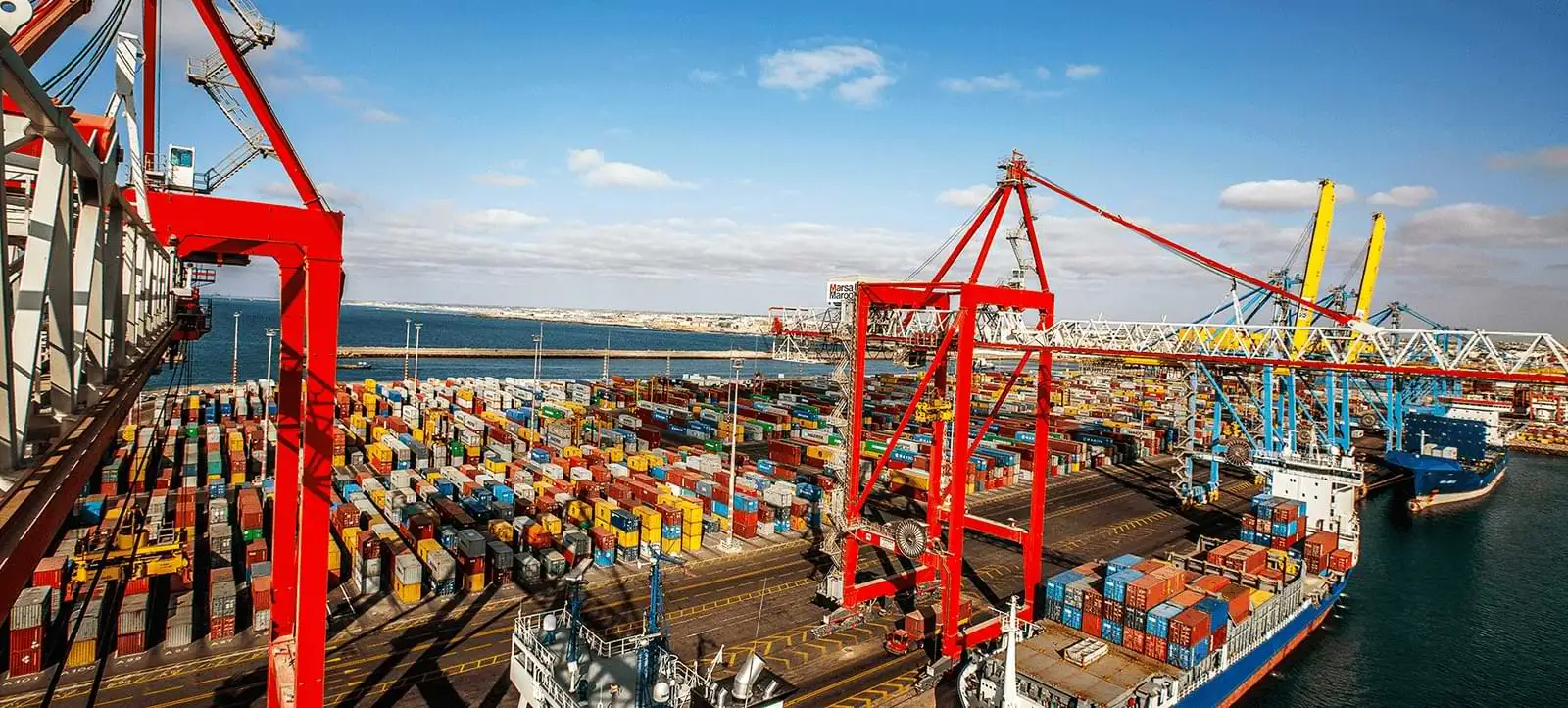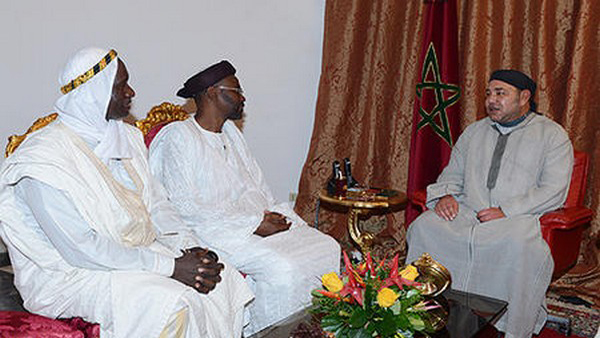 Morocco is making its fifth bid to host the 2026 World Cup, the first edition to involve 48 teams and 80 games packed into 32 competition days. The North African nation’s bid to host the World Cup will yet be an up-hill battle as it runs up against the joint might of the United States, Canada and Mexico.
Morocco is making its fifth bid to host the 2026 World Cup, the first edition to involve 48 teams and 80 games packed into 32 competition days. The North African nation’s bid to host the World Cup will yet be an up-hill battle as it runs up against the joint might of the United States, Canada and Mexico.
However, despite the edge in infrastructure enjoyed by its North American rivals, Morocco, where football is the most popular sports, is confidently bidding, as it seems more prepared than ever to host the tournament.
The team tasked with Morocco 2026 bid must submit their book, containing all plans for stadiums, infrastructure, transport and so forth by March 16. Then, they would be attended by FIFA inspectors in April to judge the country’s capability to host the tournament. The two bids would then be presented on June 6 to the FIFA Council, which will decide if they can proceed to the main vote. On June 13 in Moscow, the day before the 2018 World Cup begins, the 207 member associations – excluding the four candidate hosts – will publicly vote.
Morocco is banking on support from football federations in Africa, the Middle East and Europe in the new FIFA voting system that scrapped the old vote by FIFA’s Executive Committee after corruption scandals broke out.
Head of the African football federation has previously voiced outspoken support for Morocco until a circular round was sent by FIFA to all member associations who will vote on June 13 asking them to refrain from expressing support for bidding nations.
With its 8 world class football stadiums, Morocco still needs more stadiums to boost its chances of hosting the World Cup tournament. In terms of infrastructure, Morocco is clearly outpaced by its North American challengers where the US by itself has more than 31 international football stadiums not to count the numerous training stadiums across the country. To fill in the gap in terms of stadiums, Morocco has promised to establish demountable stadiums with 50,000 seat capacity up to FIFA standards.
Morocco, which launched its official campaign bid late last January, is promising a “compact tournament” when compared to its rivals. Flights between Moroccan cities would not take more than 80 min, the train system is efficient and the upcoming launch of the high-speed train (TGV) between Tangier and Casablanca as well as the well-connected highway network makes transportation easy for fans.
Morocco’s proximity to Europe is also playing in its favor as most voters from the old continent will consider making things easy for their fans and teams alike instead of taking the transcontinental and more expensive flights.
The Trump factor may also be exploited by Morocco. The US travel restrictions and visa requirements may dissuade many fans from taking the journey to support their teams. Countries reluctant to give the US the obvious propaganda victory of winning the World Cup bid in Moscow may just vote for Morocco.
The North African kingdom lies within the same time zone as the UK which will make games easy to watch across Europe and the Middle East. This will give FIFA more revenues from broadcasting games. Given the importance of the European TV market at a World Cup to FIFA’s revenues, and given the relative cheaper running costs of a tournament in Morocco, the Moroccan bid hopes that profitability would play in its favor.
Security and stability are also issues that Morocco is willing to showcase to win the bid. In 2003, Morocco welcomed 4 million tourists. In 2017 there were almost 11 million tourists visiting the country, a number that would be unimaginable without its stability and safety record. The Global Terrorism Index last year recorded Morocco as safer than Spain, Belgium and Brazil, and far safer than the US, UK or France.
The North African country also boasts thriving hotel industry and has by the past organized international tournaments and events. The COP22 UN Climate Summit in Marrakech in November 2016 was a chance for the country to show its organization capabilities. The recently held CHAN tournament, an African cup of nations dedicated to local players, was also a showcase of the country’s world-class stadiums and cities.
With shorter and cheaper journey’s between cities making things easy for players and fans during the world cup, world-class stadiums, a thriving tourist industry and prevailing security and stability, Morocco seems better placed than ever before to compete for the 2026 bid.
Yet, in order to win, the North African nation will need to convince the 207 member associations in FIFA of its capabilities and advantages in the face of the joint North American bid.


